The season of Northern Lights
If you're travelling to Iceland anytime between October and March you might be lucky enough to see the Northern Lights otherwise known as the aurora borealis. Aurora activity in Iceland is particularly high this year and for the next few years so you might be in for a treat.
The best conditions to see the Northern Lights are on cold, clear nights when the sky is not obscured by clouds. This natural light phenomenon can certainly be seen sometimes in Reykjavík but generally speaking it's best to steer away from the city lights for better viewing. Even just taking a walk by night a little away from the madding crowd, to areas such as Grótta, Heiðmörk or anywhere on the outskirts of the city heightens your chances.
Also, check out the various northern lights tours offered by many tour companies of late which often promise a refund if you can't see anything at all.

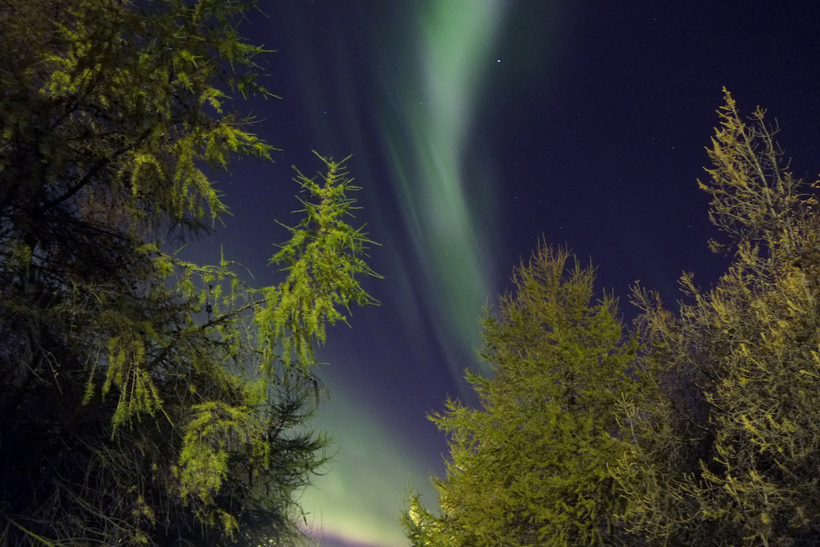
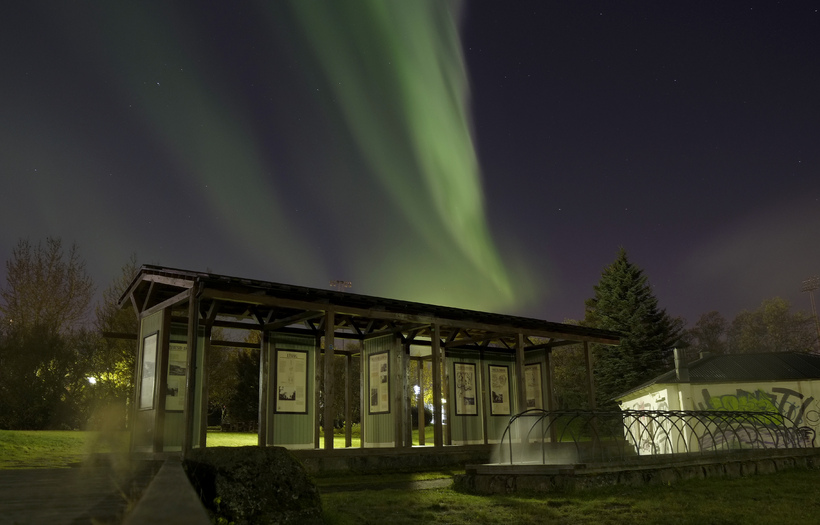
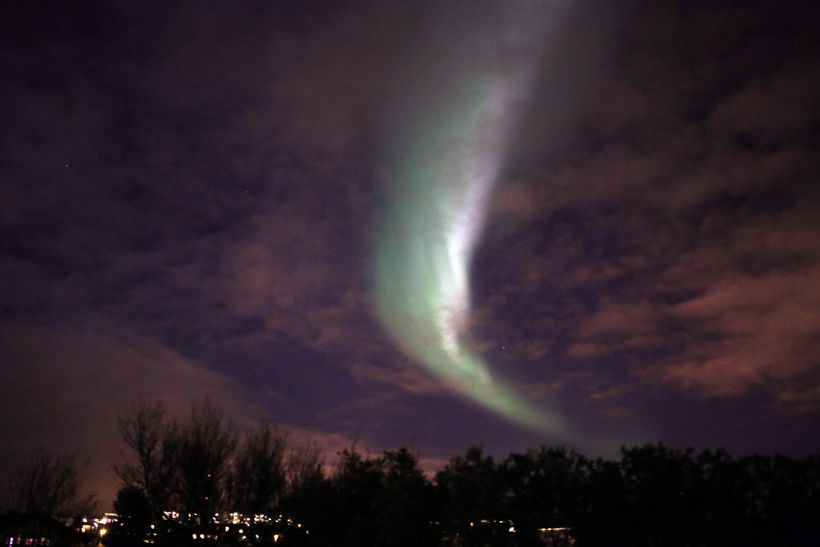
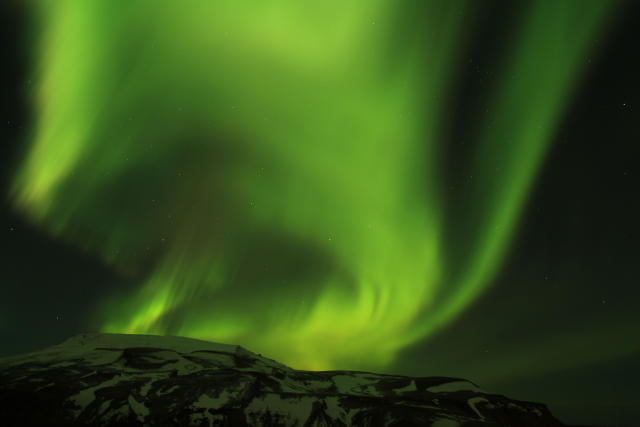
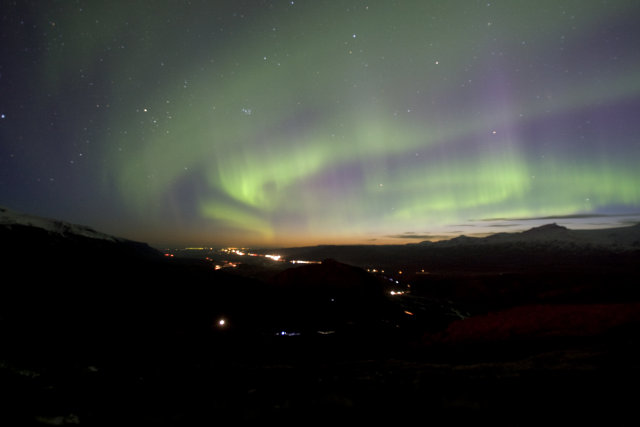
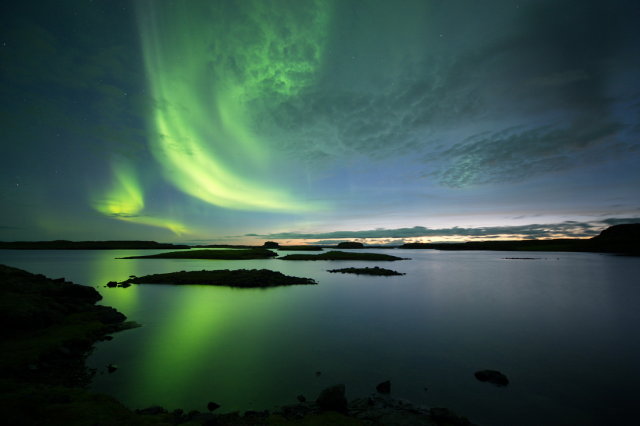






/frimg/1/48/1/1480176.jpg)